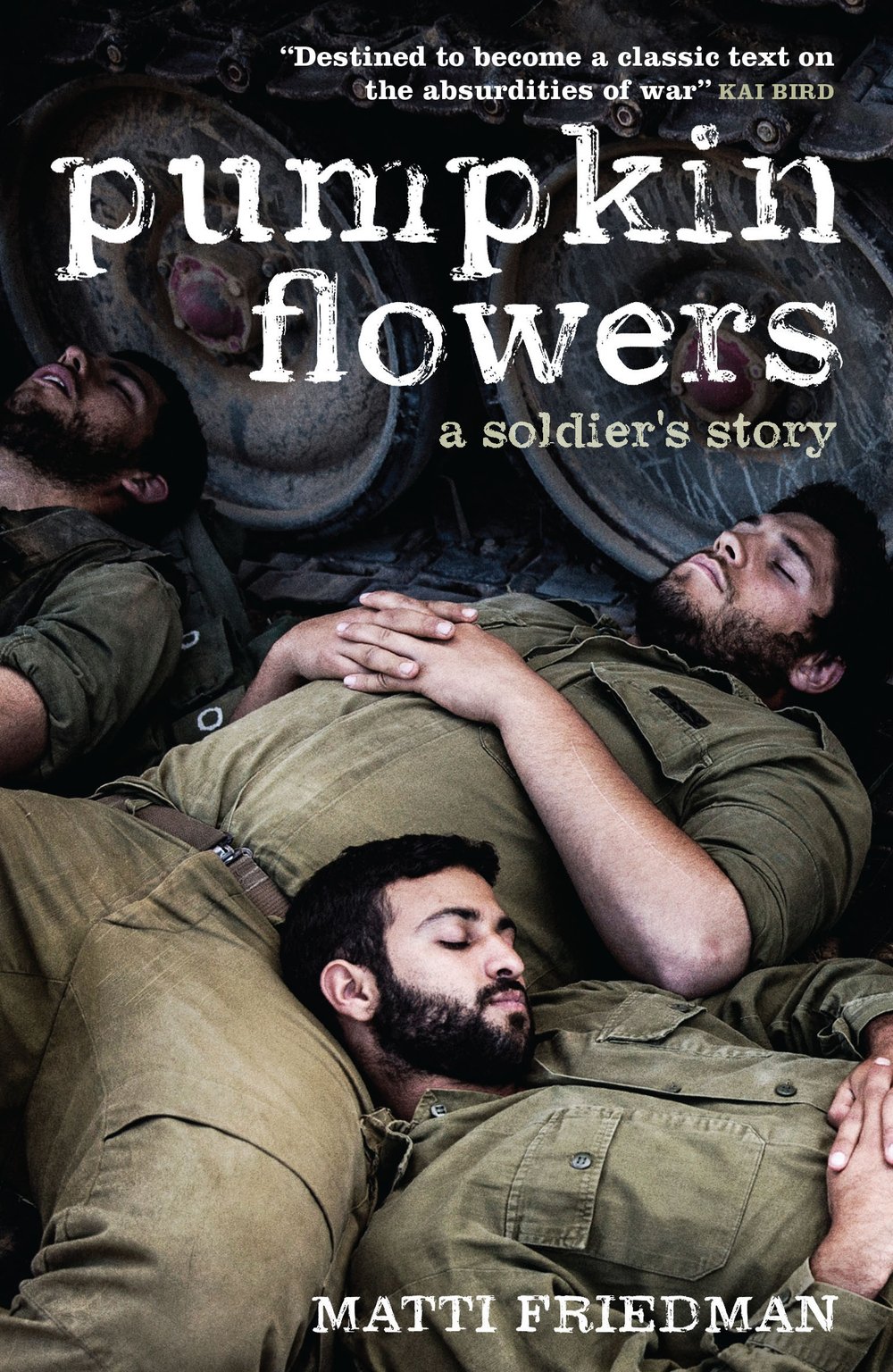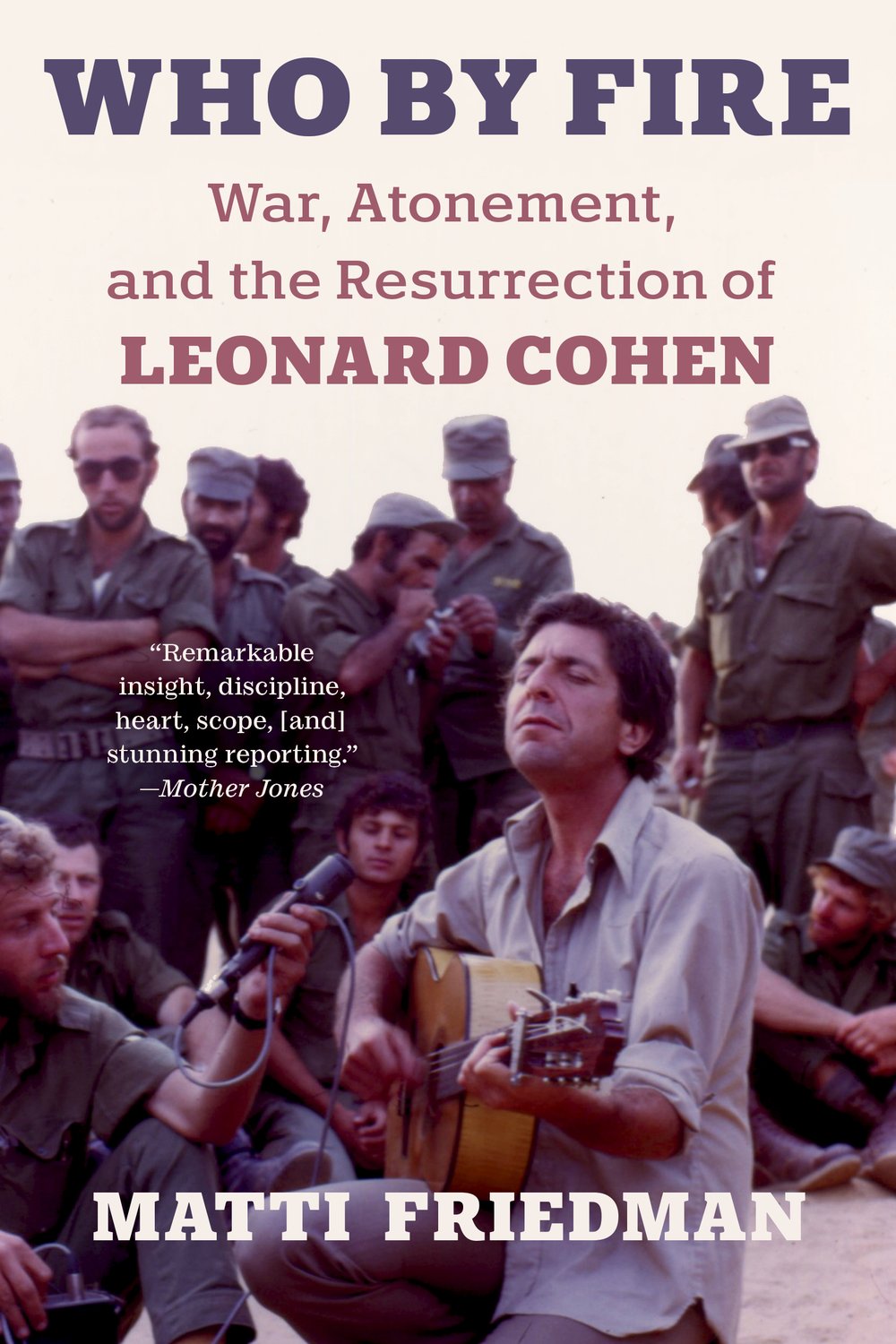Pumpkinflowers
A soldier's story

It was one small hilltop in a small, unnamed war in the late 1990s, but it would send out ripples still felt worldwide today. The hill, in Lebanon, was called the Pumpkin; 'flowers' was the military code word for casualties. Award-winning writer Matti Friedman re-creates the harrowing, otherworldly experiences of a band of young men, plucked by conscription from westernised boyhoods, and charged with holding this remote outpost - a pointless task that changed them forever and foreshadowed the unwinnable conflicts the United States would soon confront in Iraq, Afghanistan and elsewhere.
Part memoir, part reportage, part elegy for lost youth, this powerful narrative captures the birth of today's chaotic Middle East and the rise of a 21st century type of war in which there is never a clear victor, and innocence is not the only casualty.
Raw and beautifully rendered, Pumpkin flowers will take its place among classic war narratives by George Orwell, Philip Caputo, Vasily Grossman and Micahel Herr. It is an unflinching look at the way we conduct war today
'Throughout, the author grapples with questions regarding both Israeli aggression and the nature of the state's survival. In a chilling final section, he chronicles his travels as a Canadian tourist to his former combat zone in Lebanon, encountering friendly residents in thrall to Hezbollah and seething with anti-Semitism. A haunting yet wry tale of young people at war, cursed by political forces beyond their control, that can stand alongside the best narrative nonfiction coming out of Afghanistan and Iraq.' Kirkus Review
'Pumpkinflowers is a beautifully written insight into the day-to-day realities of what it's like being a soldier and the often boring reality of war. No former soldier who has spent hours manning guard-posts during his military service could remain indifferent to such lines as "sometimes you took over one of the guard-posts, checked your watch an hour later, and found that five minutes had passed". Friedman's book is... a powerful portrait of men in war.' - Ahron Bregman. Read the full review in the Jewish Chronicle

